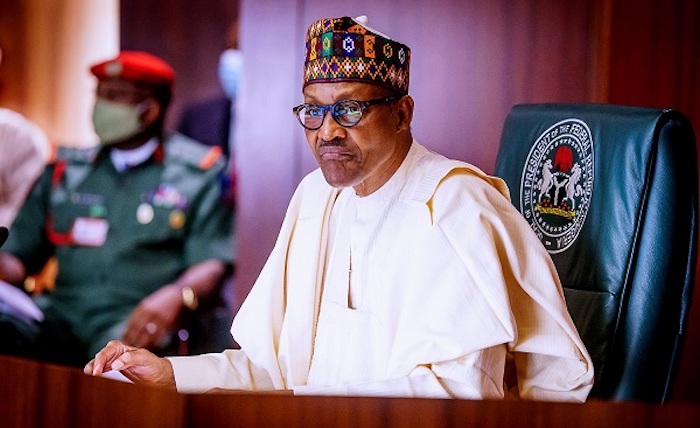Governor Abdullahi Sule of Nasarawa State has claimed that the Muhammadu Buhari administration spent over $19 billion in eight years attempting to repair Nigeria’s four refineries, with little to show for it. He criticized the mismanagement of the refinery repair process, stating that the expected outcomes were largely disappointing. However, the assertion that $19 billion was spent by the former president could not be independently verified.
Mr. Mohammed Shehu, the Chairman of the Revenue Mobilisation Allocation and Fiscal Commission (RMAFC), also expressed support for the removal of fuel subsidy, citing the lack of transparency in the scheme. Nigeria’s aging refineries, built between the 1960s and 1980s, have consumed billions of dollars in Turnaround Maintenance (TAM) without significant improvements. Governor Sule has been a proponent of subsidy removal due to his belief in massive fraud within the system.
Sule highlighted the lack of reliable data on Nigeria’s fuel consumption and argued that the country had been subsidizing petrol for neighboring nations. He believed that removing the subsidy would alleviate the energy crisis in those countries after Nigeria withdrew its own subsidy. The governor also criticized the issuance of refinery construction licenses in the past, noting that they had not been successful due to industry dynamics. He suggested that subsidy removal should have occurred in 2015 when crude oil prices fell significantly.
Governor Sule compared the amount spent on fixing the refineries by the Buhari administration to the cost of building the Dangote refinery, emphasizing that despite the significant expenditure, the refineries were not properly maintained. He explained that funds allocated for repairs were often distributed among different components, resulting in minimal progress.
Additionally, Mr. Shehu supported the removal of fuel subsidy, citing the lack of transparency and the non-reconciliation of subsidy claims by the NNPC, RMAFC, and the Office of the Accountant General of the Federation. He argued that sustaining fuel subsidies was no longer feasible as their drawbacks outweighed the benefits to the citizens. Shehu praised President Tinubu’s decision to end the subsidy regime, considering it a step in the right direction and an opportunity to allocate funds to critical national development projects.
The RMAFC chairman further expressed optimism about the Dangote refinery’s potential to enhance oil production and distribution once operational, leading to the elimination of the subsidy regime. He urged the new administration to devise strategies to mitigate the effects of the new policy and emphasized the need to hold economic saboteurs accountable.
Shehu concluded by stating that the removal of fuel subsidy was long overdue and a significant challenge to Nigeria’s economic growth and development.
